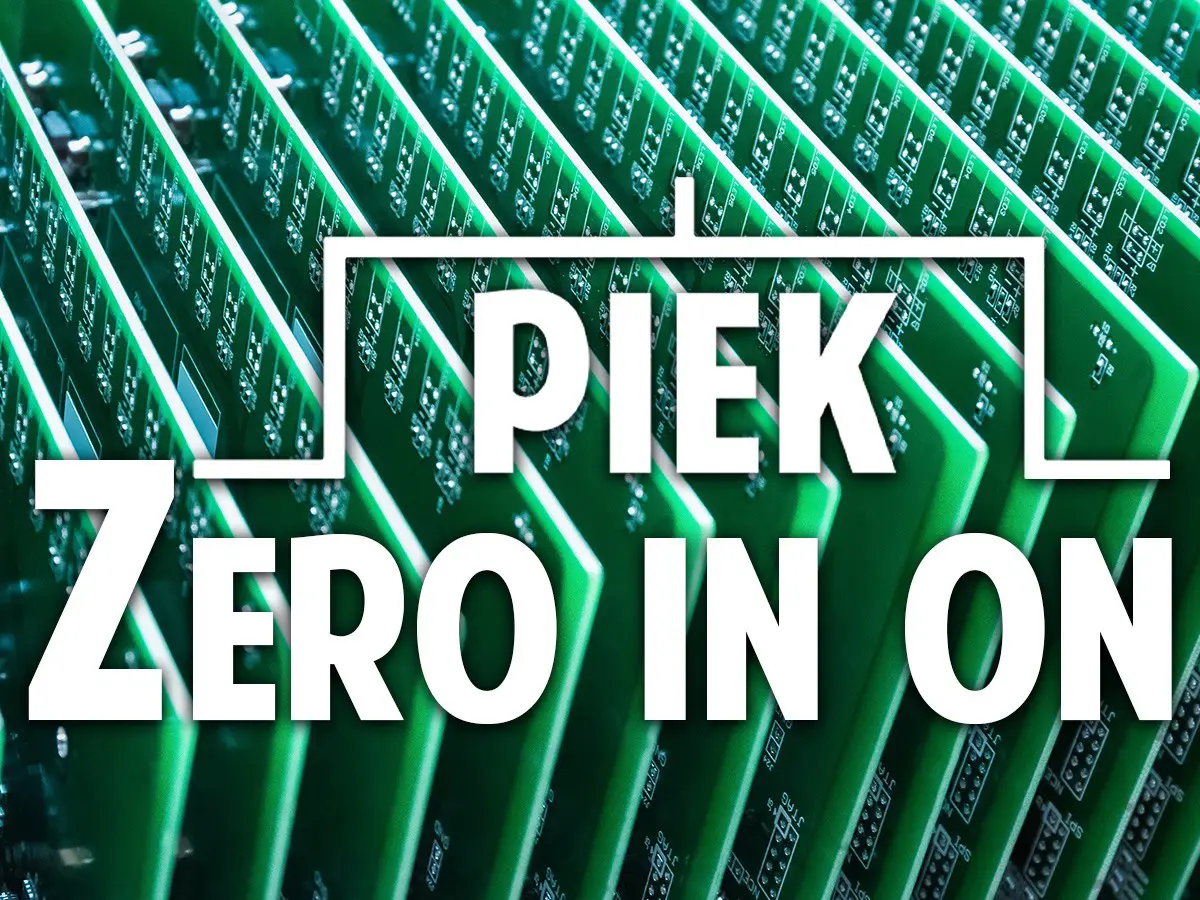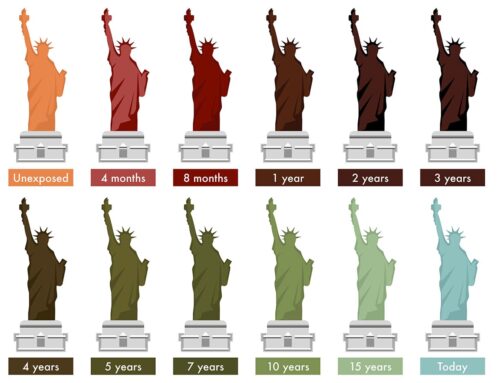With the previous version, the B-revision of IPC-7711/7721 Rework, Modification and Repair of Electronic Assemblies, being published in 2007, one could argue that an update was long overdue. It was therefore very good that in January 2017 we saw the publication of the C-Revision of this very popular document.
It’s impossible to get more practical exercises in an IPC certification course. The focus in this training program is hands-on work, with theory being reduced to the bare minimum for CIS participants.
Previous users of this document will be happy that IPC kept the original setup of previous versions, which is the three-chapter policy, where the first chapter is a general part, the second deals with rework operations and the third part concentrates on repair and modification procedures. They will appreciate the familiar look and feel. In this way it will be easy to adapt to the newly added procedures, most of them on the modern SMD components like BGA’s and BTC components.
All the time new component types are developed and marketed. If they have to be replaced in rework procedures, new techniques have to be developed. Specialists in the electronics industry are responsible for this, and they contribute to the steady development of these new procedures which then find their way into the IPC-7711/7721. Before a procedure is integrated, it is extensively tested in practice situations. Then they are reviewed by a committee with members from a variety of companies and organisations in the electronics industry. Here we find people working at training centers, OEMs and EMS companies and repair centers. That’s why this standard is a true industry standard.
Topics discussed are Introduction to common rework and repair procedures, Product classifications, Board types, Skill levels, Work stations, Tools, Materials and Processes, Process goals and guidelines, Lead-free considerations, Basic surface mount and through-hole component removal, Land preparation and component installation, Primary heating methods: conductive, convective and Infra Red, Handling electronic assemblies, Through-hole component removal and installation, Chip and MELF component removal and installation, SOIC/SOT, J-lead and QFP component removal and installation, BTC, Flip-Chip and BGA component removal and installation, Printed wiring board conductor, Pad and laminate repair, Modifications, Jumper wires, Wire splicing, Conformal coating identification, Removal and replacement, and Tip care and maintenance.
The main part of this document consists of the procedures for a variety of rework, repair and modification tasks similar to the tasks that participants will be confronted with in their daily work. During the training they will profit from the clearly described operations in the standard, but even more from the support from our trainers.
Especially for workmanship courses it is of the utmost importance that trainees get proper education and support from experienced trainers, PIEK trainers are thoroughly experienced and offer optimum guidance in the proper use and interpretation of this standard. Benefit from the extensive experience from the PIEK trainers in the use of this document in daily practice and avoid the pitfalls in daily life caused by misinterpretation.
If you consider using the above-mentioned document, it might be a good idea to learn all the ins and outs by attending an IPC-7711C/7721 certification course based on them. These certification courses are provided by PIEK, both in your company or in regionally offered training sessions, and they will increase your knowledge level. Furthermore, training will help you in using the criteria correctly and avoid misinterpretation, which may save time and money. Benefit from the extensive experience that PIEK trainers have in the use of these documents in daily practice and avoid the pitfalls in daily life caused by misinterpretation.
It is good to know that with hands-on training provided by PIEK you have the choice of a variety of sophisticated brands of soldering equipment. If we consider a course based on the IPC-7711/7721 standard, you have the choice of all major brands soldering tools, like Ersa, Hakko, JBC, Metcal, OKi, Pace or Weller.






